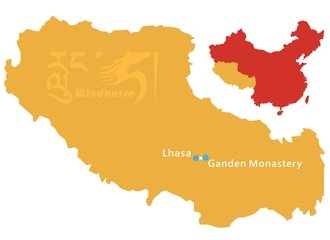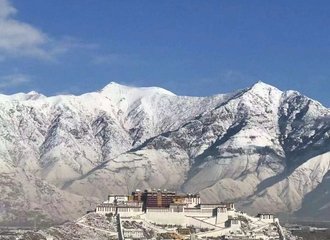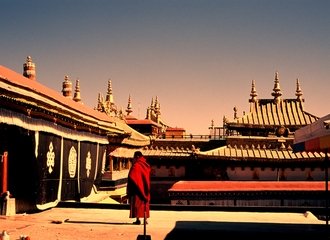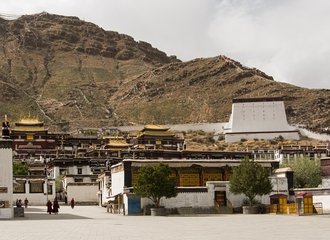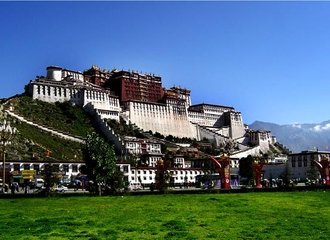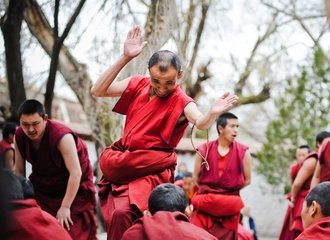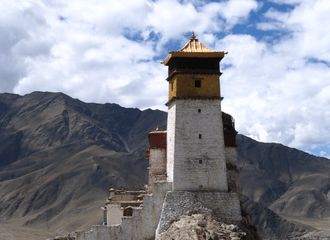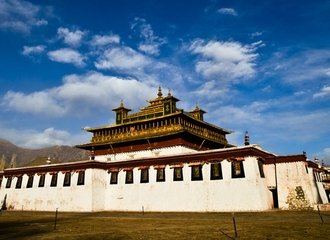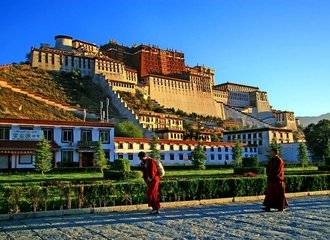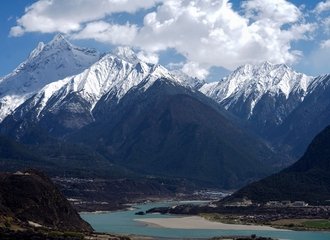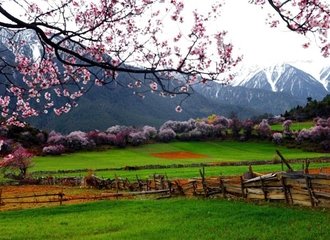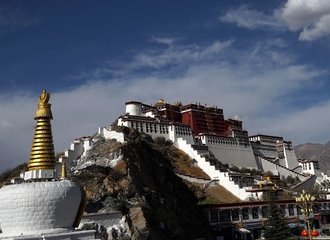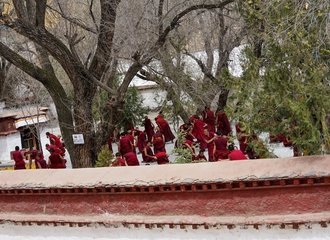Do hotels in Tibet provide hot water for showers 24/7?
Tibet, with its awe-inspiring landscapes, ancient monasteries, and unique culture, attracts travelers from around the world. When planning a trip to this enchanting region, one of the concerns that often arises is whether hotels in Tibet provide hot water for showers 24/7. The answer to this question is not a simple yes or no, as it depends on your location within Tibet. In major cities like Lhasa and Shigatse, you can generally expect a consistent supply of hot water, but in remote areas such as Everest Base Camp (E.B.C.), Saga, Darchen, and near Mt. Kailash, the situation can be quite different, especially during the winter months.
Hot Water in Major Cities
In major Tibetan cities like Lhasa and Shigatse, hotels typically offer hot water for showers around the clock. These cities have developed tourism infrastructure, and the majority of hotels are well-equipped to provide modern amenities, including reliable hot water systems. Travelers staying in accommodations in these urban areas can generally expect a comfortable and convenient shower experience, regardless of the time of day or night.
The availability of hot water in major cities is essential, considering the temperature variations in Tibet. Even during the warmer months, nights can be chilly, making a warm shower a welcome comfort after a day of exploration.
Check out these Lhasa tours!
Challenges in Remote Areas
While major cities in Tibet offer consistent hot water supply, remote areas present a different set of challenges. Places like Everest Base Camp, Saga, Darchen, and the vicinity of Mt. Kailash are located in harsh and often isolated environments. As a result, the availability of hot water can be sporadic, especially during the winter when temperatures plummet.
In these remote areas, some guesthouses and hotels may not have hot showers at all. Additionally, running water can be scarce, particularly in the winter months when pipes may freeze. Travelers visiting these regions should be prepared for more rustic accommodations, where the focus is on the natural beauty and spiritual significance of the surroundings rather than luxurious amenities.
Plan Ahead and Be Flexible
When traveling to remote areas in Tibet, it's crucial to plan ahead and be flexible with your expectations. Research the specific accommodations available in the area you intend to visit, and if hot water for showers is a priority for you, consider booking accommodations in advance that are known to offer this amenity.
During the winter months, when conditions are harshest in Tibet, it's especially important to check with your chosen guesthouse or hotel regarding their water supply and heating systems. In some cases, they may have limited hot water available during specific hours, or they may rely on alternative heating methods such as wood-burning stoves.
Alternative Options
In areas where hot water is not readily available, travelers can explore alternative options to maintain personal hygiene and stay comfortable. Portable camping showers or using a bucket and basin can be effective ways to heat water for washing up. Be sure to carry any necessary toiletries, including soap and shampoo, as these items may not be provided in more basic accommodations.
Seasonal Considerations
The time of year you choose to visit Tibet can also influence the availability of hot water. While the summer months are generally milder and more accommodating for travelers, the winter season presents additional challenges due to extreme cold and potential disruptions in water supply. If you plan to visit Tibet during the winter, be prepared for a more rugged experience and be adaptable to the conditions.
Conclusion
In summary, the availability of hot water for showers in Tibetan hotels varies depending on your location within the region. Major cities like Lhasa and Shigatse offer reliable hot water around the clock, ensuring a comfortable stay for travelers. However, in remote areas such as Everest Base Camp, Saga, Darchen, and near Mt. Kailash, the availability of hot water can be limited, particularly during the winter months.
To have a successful and enjoyable trip to Tibet, it's essential to research your destination, plan accordingly, and be flexible with your expectations. While hot water may not always be readily available in remote areas, the unique landscapes, cultural experiences, and spiritual journeys that Tibet offers are well worth the occasional cold shower or rustic accommodation. Embrace the adventure and make the most of your unforgettable Tibetan experience. Here are 50 Things To Do in Tibet.


